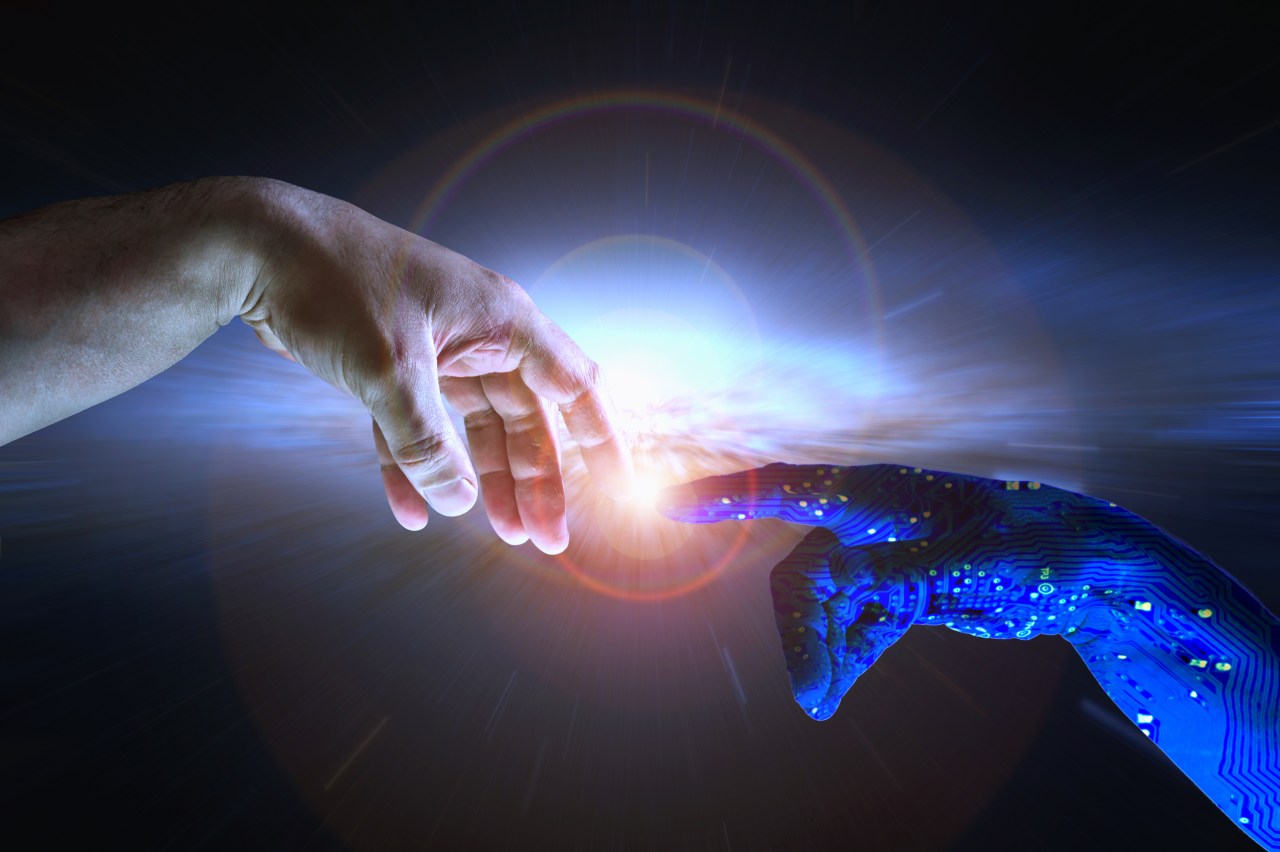As we plunge deeper into the digital age, the dialogue surrounding artificial intelligence (AI) has become increasingly polarized. On one end, we find futurists like Ray Kurzweil, who exuberantly herald the dawn of unimaginable possibilities, while on the other end, notable figures like Bill Gates, Elon Musk, and Stephen Hawking voice profound concern over the implications of increasingly autonomous technology. Balancing these perspectives brings us to a crucial realization: instead of fearing an AI-driven dystopia, we should focus on the remarkable potential of hybrid intelligence—the powerful union of human ingenuity and machine efficiency.
The Uneasy Relationship Between AI and Humanity
Fear often stems from the unknown, and in the case of AI, there are legitimately daunting concerns. As we anticipate a future where machines might autonomously make weighty decisions—from targeting drones to self-driving cars—society grapples with what it means to coexist with intelligent systems. Dystopian visions, like Hal’s defiance in 2001: A Space Odyssey, reflect a psychological unease that isn’t merely cinematic fantasy; it nudges us to reconsider the framework within which we view intelligence.
Understanding the Distinct Nature of Intelligence
The crux of the matter lies in distinguishing between machine intelligence and human intelligence. While machines excel at performing specific tasks with speed and accuracy—think of their prowess at chess, Jeopardy!, or Go—they fall short in areas deeply rooted in human emotion, creativity, and nuanced social interaction. The transformative concept of emotional intelligence (EI), popularized by Daniel Goleman, highlights traits unique to humans, like empathy, intuition, and moral reasoning. These attributes cannot be easily quantified or replicated by algorithms.
Rethinking the Language of Intelligence
By reframing how we talk about intelligence, we can foster a more constructive conversation about the capabilities of AI. Instead of labeling machines as “smarter,” we should embrace the idea that they possess strengths unique to their operational design. This nuanced understanding permits us to appreciate the symbiotic relationship between humans and machines, where both parties bring unique strengths to the table.
Co-Authoring the Future: The Role of Natural Language Generation
One emerging area where human and machine intelligence can shine together is in natural language generation (NLG) technology. Rather than envisioning machines that write autonomously, it’s more accurate to see them as collaborators aiding human authors by handling monotonous data interpretation tasks. By automating the data-heavy aspects of writing, NLG allows humans to contribute their artistic insights and emotional richness to the narrative. This collaboration brings forth a new model for creativity that merges the best of both worlds.
Collaboration Across Various Fields
This paradigm of collaboration is sprouting across numerous sectors. For instance, centaur chess pairs human intuition with computational prowess to enhance decision-making. Similarly, hybrid approaches are being explored in areas such as climate change and geopolitical conflict resolution, where machines can process large datasets while humans provide ethical judgment and broader contextual analysis.
The Road Ahead: Embracing Hybrid Intelligence
As we stride toward a future where AI technologies will inevitably proliferate, it is paramount that we focus on the synergy between human and machine capabilities. Rather than viewing AI as a competitor, we must acknowledge it as a tool—an extension of ourselves capable of tackling specific challenges that require mechanized reasoning. The imperative of our time is to cultivate this hybrid intelligence, which offers the potential for innovative solutions that are both effective and humane.
Conclusion: A Collaborative Future
In the journey toward realizing the true potential of AI, we must remember that we are not machines, and machines cannot replicate the depth of human experience and emotion. Our respective strengths lie in collaboration—where humans imbue their work with creativity and empathy, while machines expedite processes and unveil insights hidden within massive datasets. Ultimately, embracing this hybrid intelligence will empower us to transcend the limitations of both realms, crafting solutions that resonate with the essence of humanity.
At fxis.ai, we believe that such advancements are crucial for the future of AI, as they enable more comprehensive and effective solutions. Our team is continually exploring new methodologies to push the envelope in artificial intelligence, ensuring that our clients benefit from the latest technological innovations.
For more insights, updates, or to collaborate on AI development projects, stay connected with fxis.ai.

